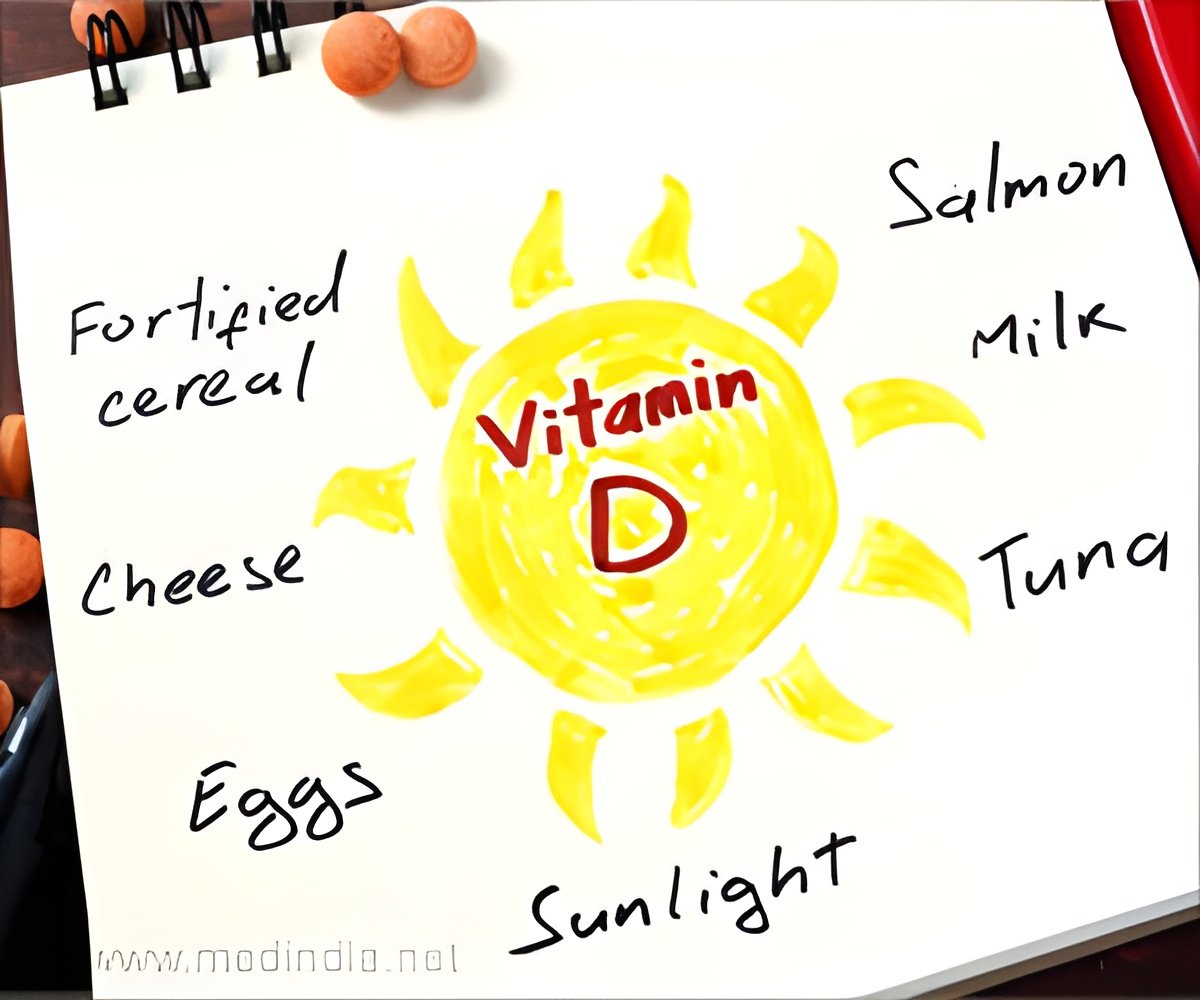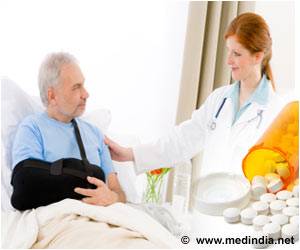Children who drink at least three glasses of milk per day had a higher serum vitamin D level than their peers who drink milk in lesser amounts.

‘Milk is the most important source of vitamin D, amounting to nearly 50% of the children's intake and the majority of milk products and spreads available in Finland are fortified with vitamin D.’





Low levels of vitamin D are common Very few children had severely low serum levels of vitamin D. However, 20% had a serum vitamin D level lower than 50 nmol/l, which is often considered as a sufficient level. Children whose blood samples were taken in the autumn had the highest serum vitamin D levels. This may be explained by the fact that in the summer, vitamin D is formed on the skin due to sunlight exposure. In northern latitudes, there is not enough sun exposure to maintain sufficient vitamin D levels in the winter season, and vitamin D supplementation is often required. A sufficiently high serum vitamin D level is associated with better bone health and there is some evidence that it may also be associated with a lower risk of many chronic diseases.
Milk fortified with vitamin D is children's most important source of vitamin D
More than 80% of the children had a lower intake of vitamin D from food and vitamin supplements than recommended 10 μg per day in Finland. Furthermore, as many as 40% of the children did not use any vitamin D supplements at all. Milk was the most important source of vitamin D, amounting to nearly 50% of the children's intake. Approximately 30% of the vitamin D intake was from dietary fats and approximately 10% from fish.
The majority of milk products and spreads available in Finland are fortified with vitamin D. The level of fortification of milk has been increased from 0.5 µg/100g to 1 µg/100g since the collection of the study data and therefore we suppose milk is even more important source of vitamin D in Finland at the moment. Vitamin D fortification of milk products could be an effective way to improve vitamin D status also in other countries where milk consumption is high.
Advertisement
The Finnish nutrition recommendations published in 2014 recommend a vitamin D supplement of 7.5μg per day to all 2-18 year old children and adolescents all year round. In addition, 5-6 dl (2.5-3 glasses) of dairy products fortified with vitamin D per day and 2-3 servings of fish per week are recommended. The diet should also contain vegetable oil based spreads which are fortified with vitamin D. Moreover, sufficient exercise - and especially exercise taking place outdoors - should be encouraged among children.
Advertisement
The Physical Activity and Nutrition in Children (PANIC) Study is an on-going lifestyle intervention study in the Institute of Biomedicine at the University of Eastern Finland. A total of 512 children aged 6 to 8 years participated in the baseline measurements in 2007-2009, constituting a representative sample of their age group. The PANIC Study produces scientifically valuable information on children's lifestyles, health and well-being. The next follow-up round will begin in early 2016.
Source-Eurekalert















